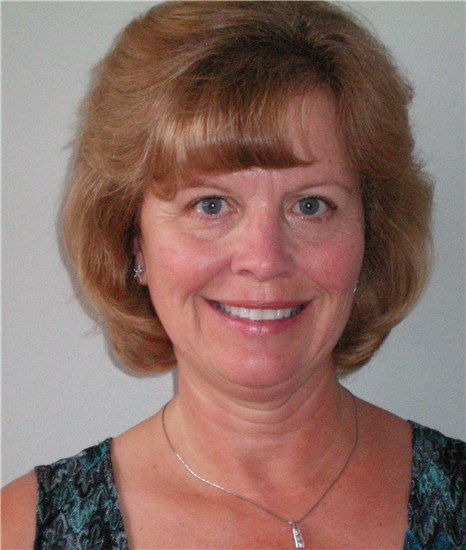By Diane Palombi, OD
Next May it will be 29 years since I graduated optometry school. I feel much has changed since I received my diploma.
When I started optometry school women were definitely in the minority: The female/male ratio ranged from 15-32 percent per class. At the time, many of the female students experienced sexist comments by male instructors as to whether we really belonged in optometry school. I remember one remark from an instructor that he was surprised that the women in my class were both attractive and smart. In fact, the women in my class excelled over the guys academically. At our graduation awards ceremony, my mother asked if we had many guys in our class since we received the majority of the awards. Even today, three of my former female classmates have distinguished themselves in the field; one in optometric politics, one in academia as a published contact lens researcher, and the third with a national optometric educational credentialing agency.
If I attended an optometric function with my husband in the early years, it was usually assumed that he was the doctor. It was the norm back then. I just got used to correcting people we met for the first time.
I started my career inside a Lenscrafters. Patients were initially surprised to see a woman doctor, especially a pregnant one, which I was twice my first three years there. Only one elderly male patient refused to see me because I was a woman doctor. I felt that I had to prove my capabilities more to my patients because of my gender. Not only did I want to be a good doctor but the best they had ever seen. I was competitive with the male doctors. My goal was to have most of the patients request me for their exams.
I was probably an uber-feminist. Like many women back then (and some today), I believed we were not just as good as men, but better. In the early years it was essential to wear my white clinic jacket with my gold doctor name tag to distinguish myself as the doctor. The staff wore either nursing outfits or scrubs. Even so, we had male technicians that patients often confused as being the doctor just because they were male.
Today despite the fact that at least half of optometry school graduates are women, I still hear sales reps using the pronoun “he” to refer to the doctor. I hope the rest of the things I experienced in my early years are ancient history. If I am wrong, let me know, younger optometrists.
What are women starting their careers in optometry today experiencing? Are you finding opportunities equal to your male peers, or do you sense there is still a disparity? What is the best way for the optometric community to encourage the progress of women in optometry?
Diane Palombi, OD, is the former owner of Palombi Vision Center in Wentzville, Mo. To contact her: dlpod1@hotmail.com

























